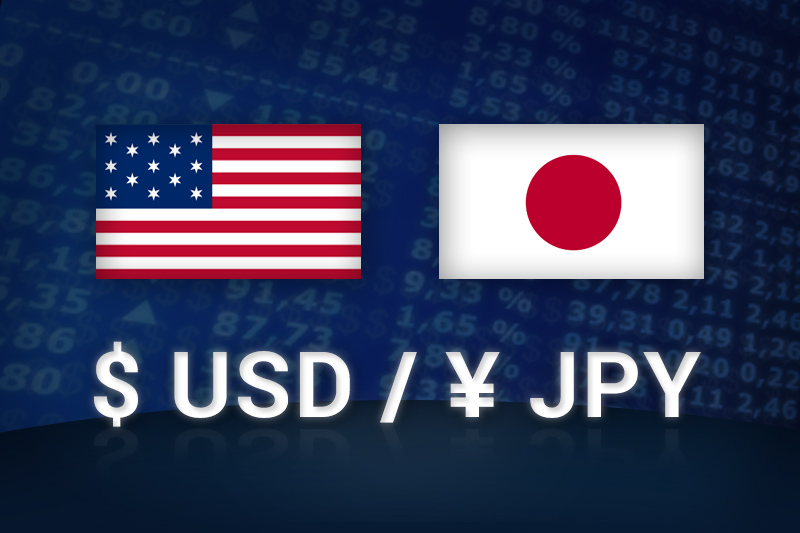Investing.com - The U.S. dollar extended losses against the broadly stronger yen on Thursday, as concerns over the possibility of a recession in the euro zone and a slowdown in growth in China bolstered demand for the yen.
USD/JPY hit 83.47 during U.S. morning trade, the pair’s lowest since March 15; the pair subsequently consolidated at 82.59, falling 0.98%.
The pair was likely to find support at 107.87, the low of March 13 and resistance at 110.46, the session high.
Market sentiment was hit earlier after preliminary data showed that manufacturing activity in the euro zone slumped unexpectedly in March, while service sector activity in the region declined to the lowest level in four months, sparking concerns that the euro zone is sliding back into a recession.
A separate report, showing that China’s HSBC manufacturing index contracted for a fifth successive month in March, as new orders fell added to fears over the outlook for the global economy.
The data overshadowed a report showing that U.S. jobless claims fell to the lowest level since February 2008 last week.
The U.S. Department of Labor said the number of people who filed for unemployment assistance in the U.S. last week fell to a seasonally adjusted 348,000, beating expectations for a decline of 3,000 to 350,000.
The previous week’s figure was revised up to 353,000 from 351,000.
Jobless claims have remained below 400,000, a level historically associated with an improving labor market, in 19 of the past 21 weeks.
The yen found support earlier after government data showed that Japan’s trade balance swung into a surplus of JPY32.92 billion in February, confounding expectations for a deficit of JPY120 billion, following the downwardly revised deficit of JPY1.47 trillion reported in January.
The yen has been under pressure since last month’s surprise decision by the Bank of Japan to ease monetary policy and set a targeted inflation rate. The country’s recent increase in the trade deficit also threatened the yen’s traditional safe haven status.
The yen was also sharply higher against the euro, pound and the Australian dollar, with EUR/JPY slumping 1.33% to hit 108.74, GBP/JPY dropping 1.37% to hit 130.53 and AUD/JPY tumbling 2.03% to hit 85.46.
Later in the day, European Central Bank President Mario Draghi and Federal Reserve Chairman Ben Bernanke were to speak at public engagements.
USD/JPY hit 83.47 during U.S. morning trade, the pair’s lowest since March 15; the pair subsequently consolidated at 82.59, falling 0.98%.
The pair was likely to find support at 107.87, the low of March 13 and resistance at 110.46, the session high.
Market sentiment was hit earlier after preliminary data showed that manufacturing activity in the euro zone slumped unexpectedly in March, while service sector activity in the region declined to the lowest level in four months, sparking concerns that the euro zone is sliding back into a recession.
A separate report, showing that China’s HSBC manufacturing index contracted for a fifth successive month in March, as new orders fell added to fears over the outlook for the global economy.
The data overshadowed a report showing that U.S. jobless claims fell to the lowest level since February 2008 last week.
The U.S. Department of Labor said the number of people who filed for unemployment assistance in the U.S. last week fell to a seasonally adjusted 348,000, beating expectations for a decline of 3,000 to 350,000.
The previous week’s figure was revised up to 353,000 from 351,000.
Jobless claims have remained below 400,000, a level historically associated with an improving labor market, in 19 of the past 21 weeks.
The yen found support earlier after government data showed that Japan’s trade balance swung into a surplus of JPY32.92 billion in February, confounding expectations for a deficit of JPY120 billion, following the downwardly revised deficit of JPY1.47 trillion reported in January.
The yen has been under pressure since last month’s surprise decision by the Bank of Japan to ease monetary policy and set a targeted inflation rate. The country’s recent increase in the trade deficit also threatened the yen’s traditional safe haven status.
The yen was also sharply higher against the euro, pound and the Australian dollar, with EUR/JPY slumping 1.33% to hit 108.74, GBP/JPY dropping 1.37% to hit 130.53 and AUD/JPY tumbling 2.03% to hit 85.46.
Later in the day, European Central Bank President Mario Draghi and Federal Reserve Chairman Ben Bernanke were to speak at public engagements.
